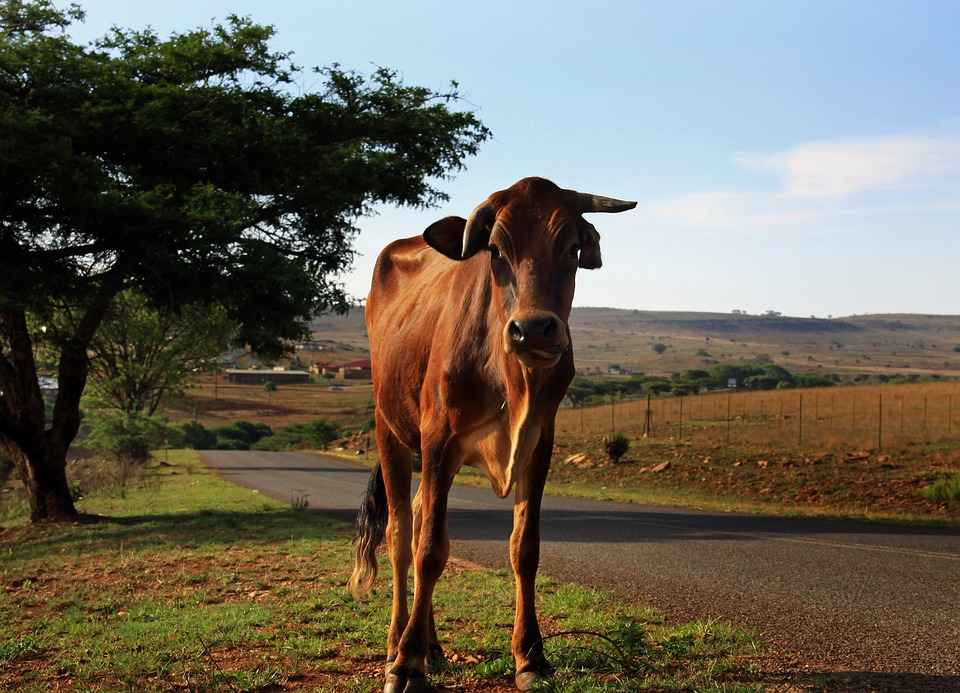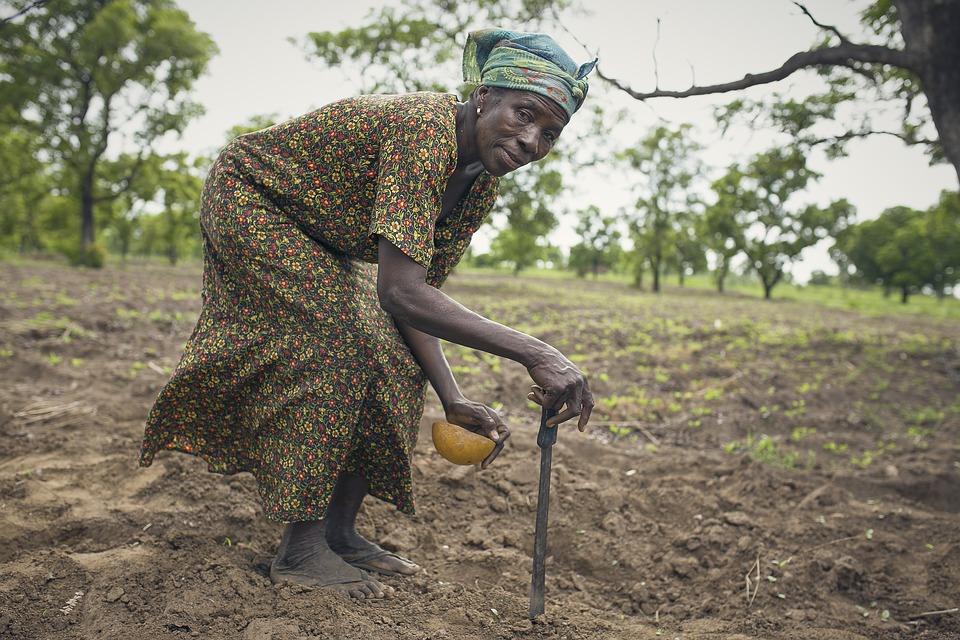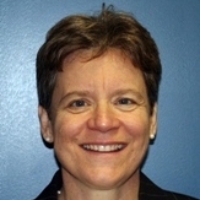The theme of this year’s World Veterinary Day on April 28 is the role of the veterinary profession in sustainable development to improve livelihoods, food security and safety.

For many rural people, animals provide a main source of income and the best means to preserve necessary resources to weather agricultural crises, exit poverty, fertilize soil and provide transportation.
Veterinarian and U of G professor Cate Dewey has worked extensively in veterinary practice and sustainable development in Africa. A professor in the Department of Population Medicine at the Ontario Veterinary College, she spent 11 years working in Kenya with poor pig farmers.

Dewey says farmers sold their corn and often used the money to buy a pig. In an emergency, they often sold the animals to pay for medical care or school fees or to purchase more maize when their food supply was gone.
Dewey has taught swine health management in Canada and the U.S. since 1985, and has studied prevention and control of animal diseases, pig welfare and food safety.
The world population will reach an estimated 9.7 billion people by 2050, and the demand for animal protein and by-products will grow. By preventing and controlling animal diseases, veterinarians play a crucial role in securing sufficient and safe high-quality food, improving the health and welfare of people and animals. They help to ensure future generations have enough resources by supporting the development of sustainable, responsible and efficient livestock production systems.
The veterinary profession is responsible for the control and inspection of animal products at all stages “from farm to fork” to guarantee safe food for the world population. Veterinarians also support wide-ranging services that benefit society and animals.

Contact:
Prof. Cate Dewey cdewey@uoguelph.ca